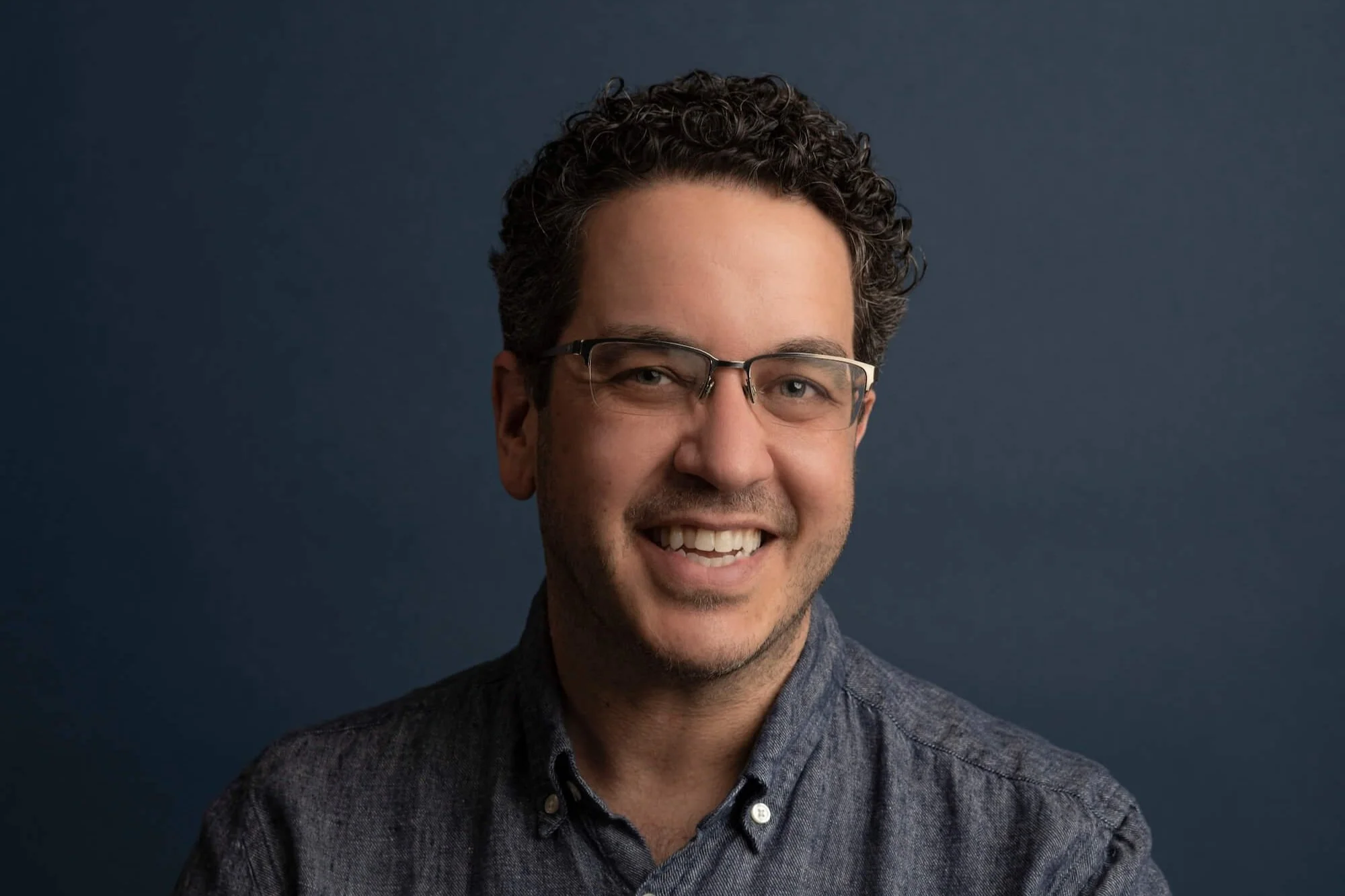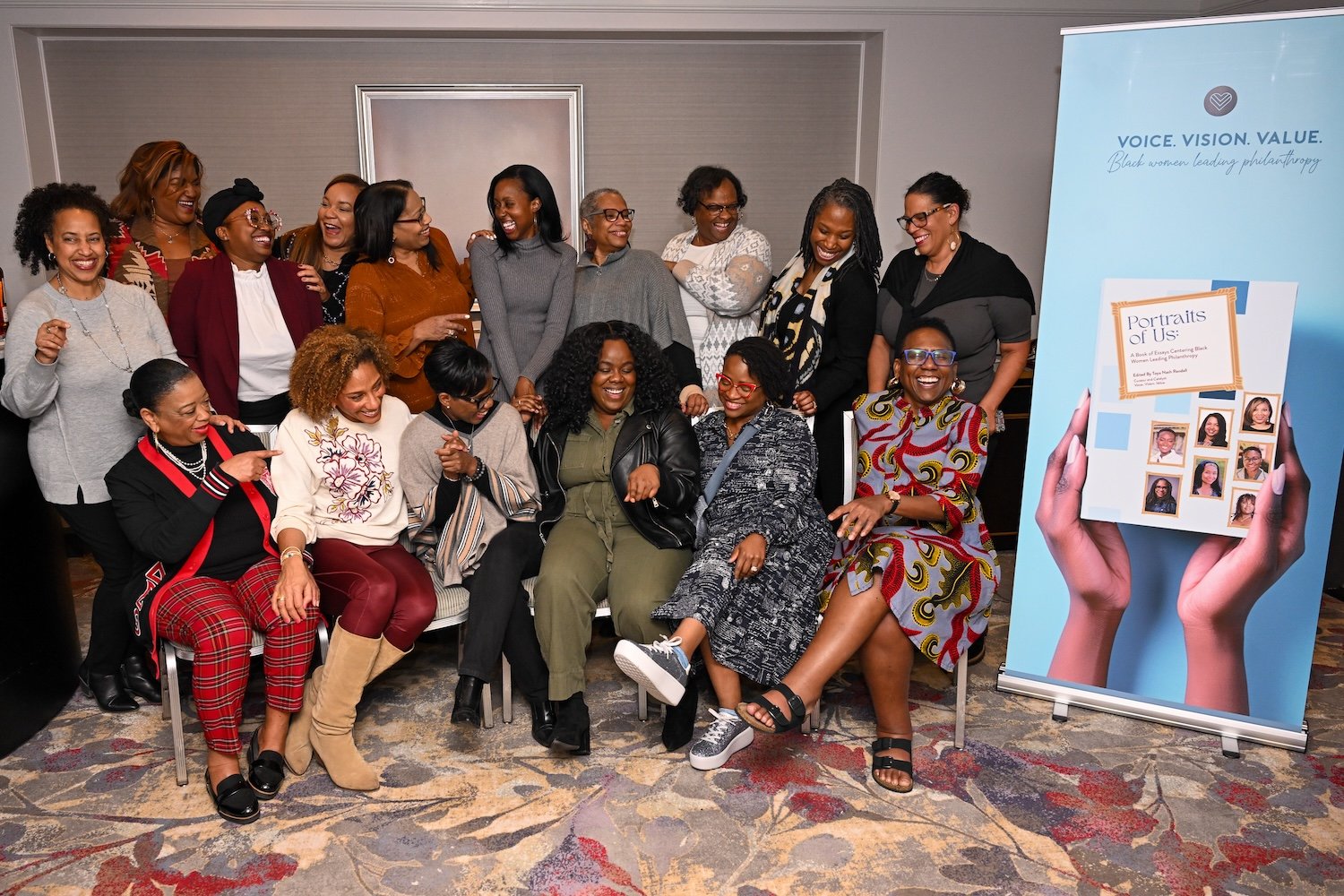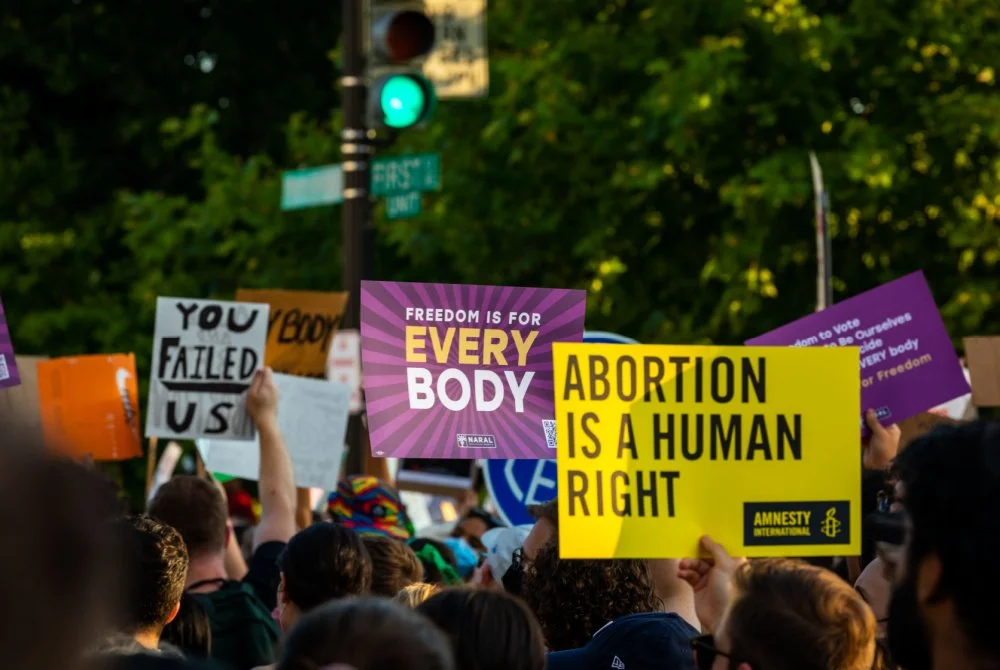Looking to Grow: New Avenues Emerge for Muslim American Philanthropy
/A mosque in dearborn, MI. photo: James R. Martin/shutterstock
Peak giving in America tends to coincide with the end-of-year holiday season. But for a group of about 3.3 million Americans, peak giving season is happening right now. While observant Muslims can give zakat to charity year round, many do so during the month of Ramadan. Typically comprising 2.5 percent of excess wealth, zakat is a form of almsgiving that makes up one of the “five pillars” of Islam.
Along with zakat, many Muslims give additional charitable contributions, termed sadaqa. That combination—religiously proscribed giving and a cultural tradition of philanthropy—makes Muslims a charitable force to be reckoned with. However, the U.S. philanthropic establishment has a sparse track record of engagement with American Muslims. In our coverage of the Pillars Fund last year, founder Kashif Shaikh explained, “[We] haven’t been on the radar, except in unfortunate circumstances.” He added, “Foundations weren’t explicitly looking at working with Muslims because the topic was too loaded and cumbersome.”
There are exceptions here and there. We've reported on several philanthropic efforts to support Muslim-Americans in scary times, including the Proteus Fund's Security & Rights Collaborative, which we wrote about in late 2015. At that time, a Proteus program officer described it as “the only donor collaborative providing targeted support to Muslim, Arab and South Asian advocacy organizations on a national scale.” We've also written about support for Muslim communities after the 2016 election by regional funders such as the Joyce Foundation and New York Community Trust.
Still, given the intense pressures on Muslims in the Trump era—including the administration's controversial travel ban—you'd think philanthropy would be doing more. Yet, as we've written, there are any number of groups that can end up overlooked by the larger foundation world. And one trend we're seeing is new efforts by marginalized communities to organize their own philanthropic efforts. Giving circles are one popular vehicle; donor collaboratives are another.
Related:
- A Latent Force: Inside the Collaborative Organizing Wealthy Donors of Color
- What's Happening on the Forefront of Asian American Philanthropy?
- The Foundation World Couldn't Care Less About Your Cause? Start a Giving Circle
Founded in 2010, the Pillars Fund is an example of how American Muslims are taking it upon themselves to establish philanthropic infrastructure in a country where their identity too often serves as a political football.
The American Muslim Fund (AMF), founded in 2016, is another. In the midst of an explosion in regional and community-based grantmaking, AMF characterizes itself as the nation’s first Muslim community foundation. “We are looking to revolutionize the way Muslims give,” said co-founder Muhi Khwaja. “AMF supports Muslims in fulfilling their religious obligations of zakat and philanthropy (sadaqa) by providing a streamlined vehicle for charitable donations through donor-advised funds (DAFs).”
AMF’s level of giving is still very small. But over the past year, it has already supported a wide variety of organizations, which it lists here. Many are nonprofits that specifically serve the American Muslim community, while others do not have a Muslim focus. These initial funds come from DAFs that donors have established within AMF (in yet another example of DAFs being used in more ways by funding institutions.) This year, AMF also plans to roll out a grant cycle for nonprofits explicitly situated in Muslim communities. Potential grantees include mosques, the arts, educational institutions, and organizations serving incarcerated Muslims, promoting interfaith dialogue, and engaging in community organizing.
AMF positions itself as a place where American Muslim donors can “cultivate a thriving philanthropic ecosystem” that benefits community organizations. While its mission doesn’t specify combating Islamophobia, that has inevitably become a part of the equation. As Khwaja put it for the Chronicle of Philanthropy last year, “With all of the Islamophobic rhetoric that has been taking place, we hope that we can change the narrative of what Islam means to people in the U.S.”
The Pillars Fund has also been engaged in “culture change” projects to counter anti-Muslim scaremongering (some of which conservative donors have abetted, as we’ve noted in the past). Pillars has brought in several liberal heavy-hitters to support that work, including the Nathan Cummings Foundation, the Ford Foundation, the W.K. Kellogg Foundation, the Open Society Foundations, and the McCormick Foundation.
Philanthropy’s fight against bigotry escalated substantially in the wake of Trump’s victory. But so did the need, as a wide variety of social groups in America feel targeted. The challenge is to sustain community organizations while fending off the pernicious notion that religious identity binds American Muslims to radicals halfway across the globe.
Besides funds like Pillars and AMF, crowdfunding has emerged as another avenue for Muslim giving. Last year, AMF conducted a successful initial fundraiser through LaunchGood, a crowdfunding portal aiming to “revive that spirit of creativity and entrepreneurism that elevated Muslims globally for centuries.” Headquartered in Detroit, LaunchGood operates worldwide. Since it launched in late 2013, the site says it has funded campaigns to the tune of $41,606,190 and boasts over 230,000 users. During Ramadan, LaunchGood hosts a monthlong giving challenge.
One point to stress is that although geopolitical tension casts an unfortunate shadow over American Muslims, their philanthropy is also just another example of rising community giving. Again, we’ve seen similar trends from the Asian American community, for instance, or from the women donors who’ve been spearheading giving circles. Generally representing a more modest kind of affluence, these new voices provide a counterpoint to the mainstream philanthropic establishment.
Related:







































